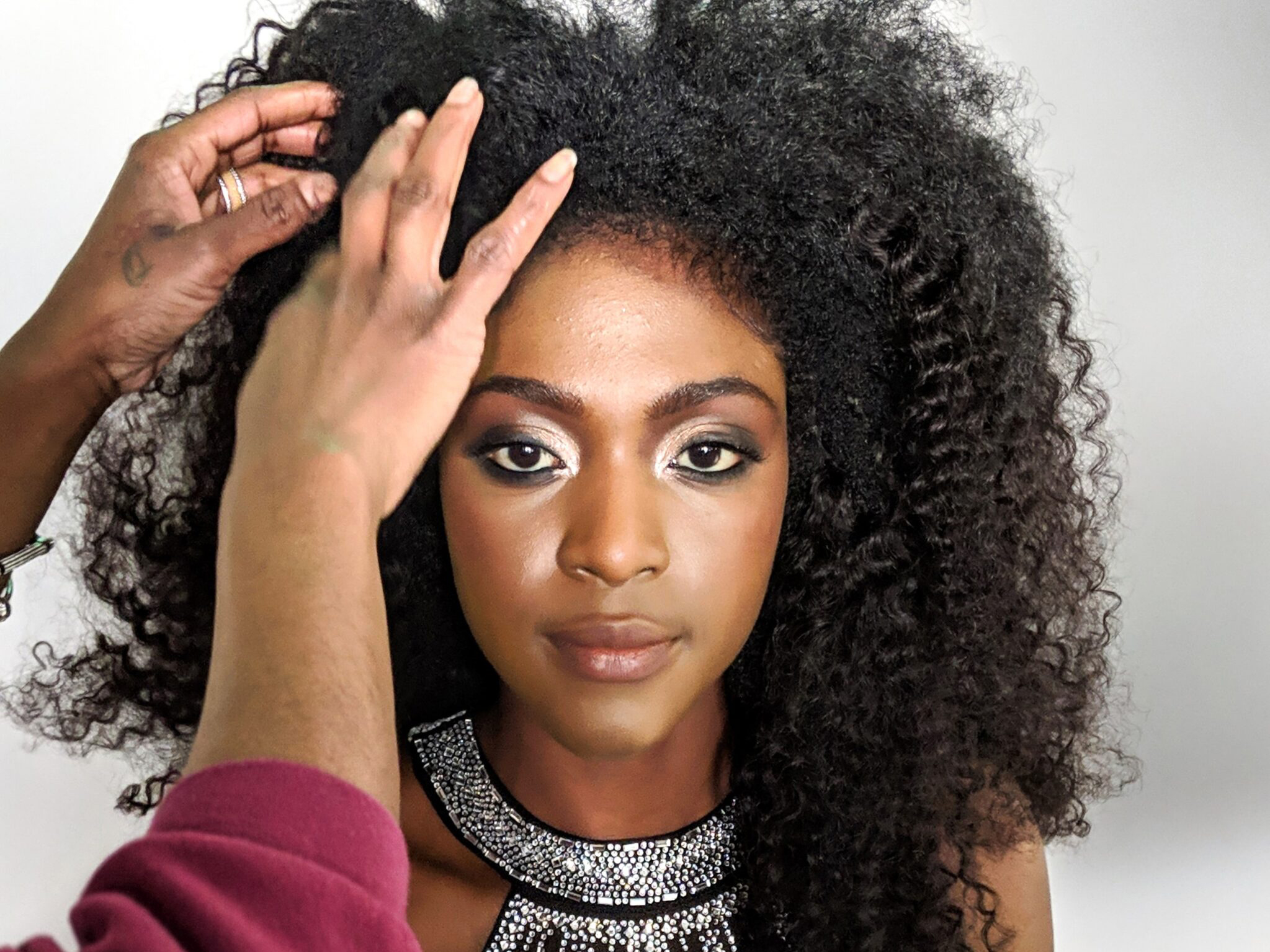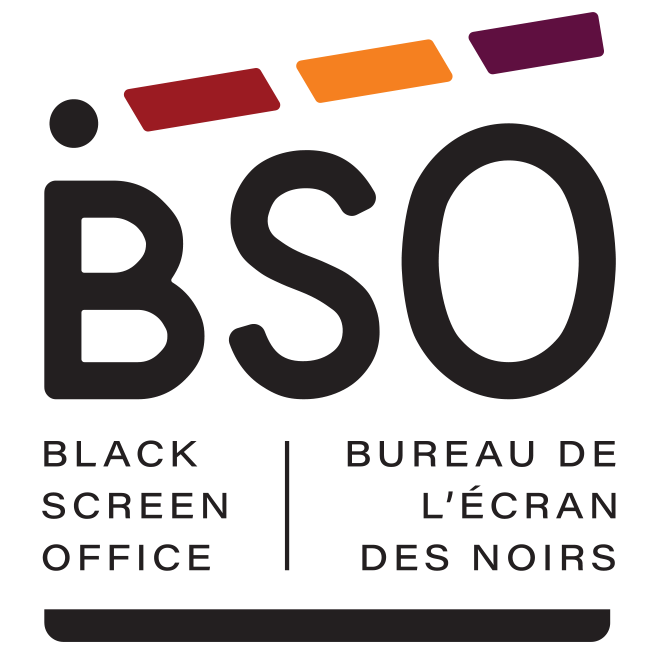By Joan Jenkinson, Executive Director, Black Screen Office
When the Alliance of Canadian Cinema, Television and Radio Artists (ACTRA) filed a grievance earlier this month against the Canadian Media Producers Association (CMPA) and Association québécoise de la production médiatique (AQPM), it raised a hot-button issue for Black screen performers: their persistent second-class treatment when it comes to their on screen styling. Union hairstylists are well versed in making white performers look their best on screen, yet the vast majority working on sets today have little to no experience with Black hair. The reasons are myriad and all point to the systemic racism in Canada’s screen industries. As a Black woman in film, I have seen the range of consequences of stylists’ inexperience and assumptions about Black hair–from sloppy styling to significant hair damage. Moreover, this continues a complex struggle North American Black people, and in particular Black women, have experienced with our hair all our lives.
From childhood, we are fed a steady diet of messaging that our attractiveness is measured on a less important scale than our white counterparts. Central to that messaging is our natural hair. As Jennifer Holness’ Subjects of Desire documentary deftly illuminates, the curls and kink of Black women’s hair has been labelled a “problem” as far back as the 1800s. Demonized and politicized, natural Black hair onscreen signalled literal and figurative ugliness while beauty required wrestling it into submission with flat irons, hot combs and chemical relaxers. Today, Black female actors are still sometimes forced to don wigs and weaves made from the hair of other ethnicities to appeal to white beauty standards.
Canadian productions simply do not give equal consideration or effort to how Black actors look on screen. On set, this often plays out in what Vinessa Antoine, the first Black female lead in a Canadian TV production, Diggstown, describes as “the ol’ fluff fluff pass”– hairstylists giving Black actors “a smile and a ‘You look great with what you’ve done already.’” Knowing that the person with the brush likely has no clue about what to do with your hair is a source of great anxiety for Black actors. It is something they have to think about and strategize for. This should not be the norm, but it is.
More often than not, actors are forced to get styled off-set and/or purchase hair and make-up supplies and equipment at our own expense. While white actors can relax or review lines as they receive hours of professional hair and make-up attention to look their best onscreen, Black actors scramble to manage their own hair and make-up to appear screen-worthy.
This is no trivial matter. It is a blatant double standard with tacit acceptance across an industry driven by cronyism and protectionism. To become a union stylist, one must be invited by a member. In a predominantly white union, members are most likely to know and invite other white stylists. There is also the inherent tension of inviting someone who can conceivably take work from you. A stylist who can capably manage all hair types presents a bigger economic threat than one who can’t. Meanwhile, Black performers risk being labelled as difficult if we point out a stylist’s incompetence or are not hired or rehired because of the perceived ‘difficulty’ our hair poses. Producers, who are also overwhelmingly white, can comfortably ignore the issue until it becomes a significant problem. ACTRA’s grievance may be the push producers need.
Now is the time to end the unfair, systemic problem of how Black actors and their hair are treated. And if not today, when?
Black actors should not have to beg for equitable on-set treatment in 2022. There is no shortage of hairstylists with extensive experience working with Black hair. The issue is the structures that privilege white workers and the deeply ingrained racism that blithely accepts the two-tiered treatment of actors based on race. As Canada’s screen industries wake up to the opportunities that more diverse productions offer, they must move to train existing stylists to work with all hair types while bringing on new stylists who already have this facility. As long as Black actors are not styled to the level of their white counterparts, Canadian productions will continue to underscore the messaging that Black is not beautiful, perpetuating harmful stereotypes and further disenfranchising and damaging Black people.


